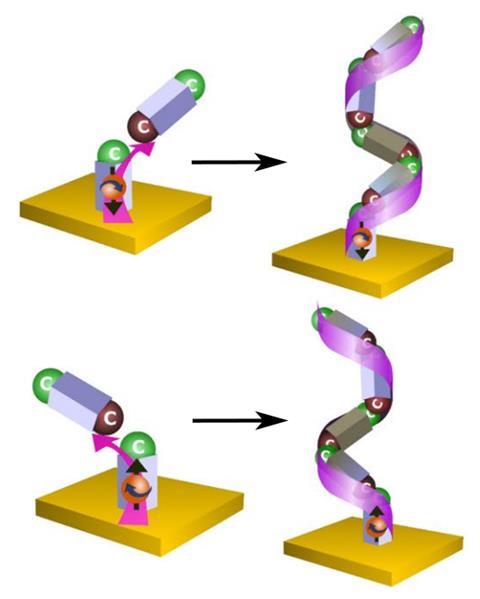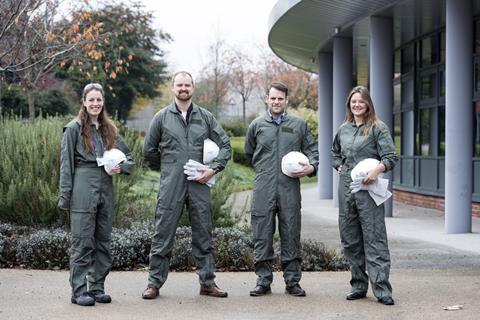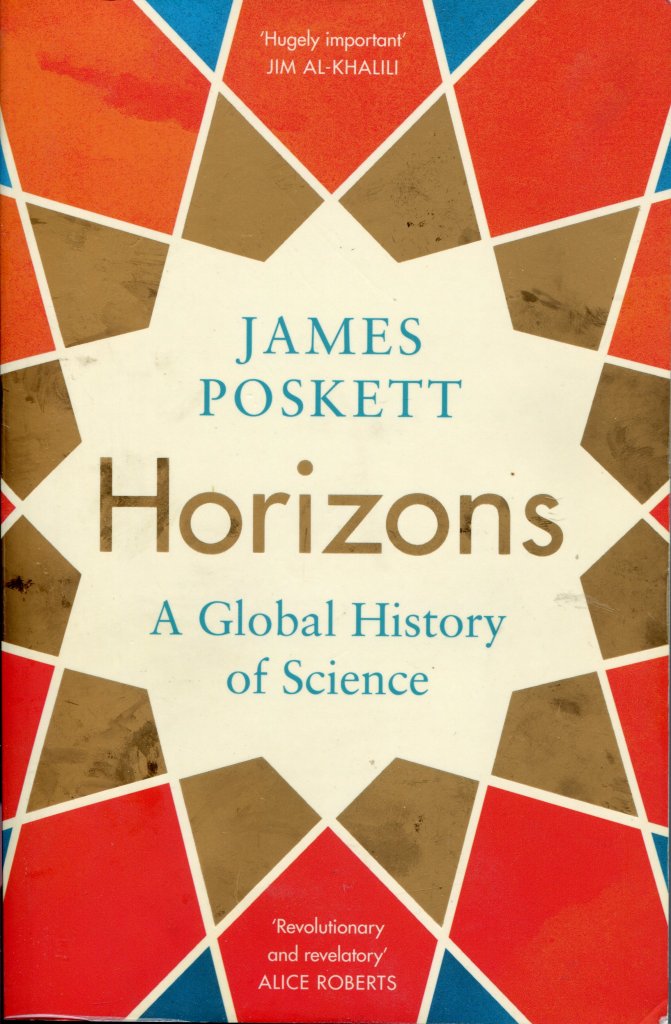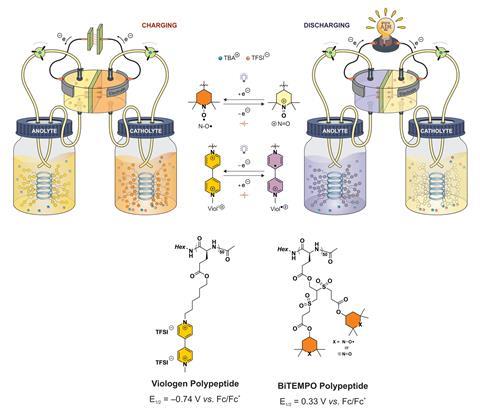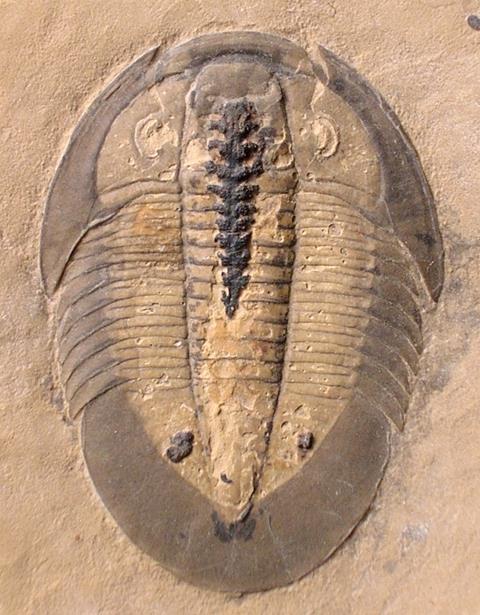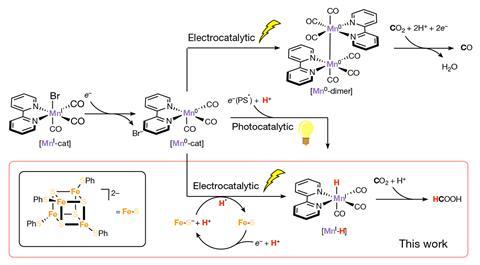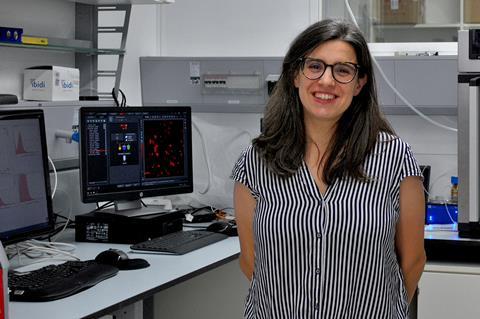A chiral polymer has been made from entirely achiral monomers, simply by using a magnetic field to align the spin of the electrons involved in bond formation. Creating large organic molecules as single mirror images is important in many fields of chemistry. ‘When you want to make drugs, for example, they have to be recognised […]
Read More